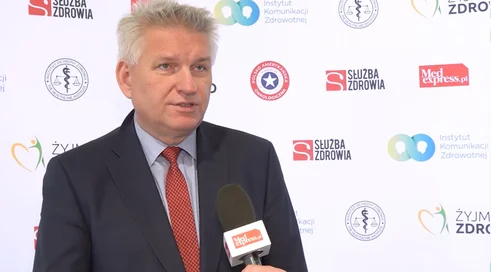Wilson's disease is a rare genetic disorder that leads to the accumulation of excess copper in the body, particularly in the liver and brain. If the disease is not diagnosed early and treated appropriately, the accumulation of copper can cause severe organ damage and result in severe disability and even death.
Treatment of the disease involves taking preparations that reduce the absorption of copper from the gastrointestinal tract with zinc salts, or removing excess copper from the body via d-penicillamine or trientine. In Poland, treatment with d-penicillamine and trientine is reimbursed, with the latter available under a drug program aimed at patients with Wilson's disease. The drug program can be provided by institutions with gastroenterology, hepatology and neurology profiles. The selection of the appropriate therapy is carried out under the supervision of a physician and is related primarily to the type and severity of the disease's symptoms, as well as to observed side effects.
Content locked
To gain access to the complete English section of the Medexpress.pl, kindly reach out to us at english@medexpress.pl.

















